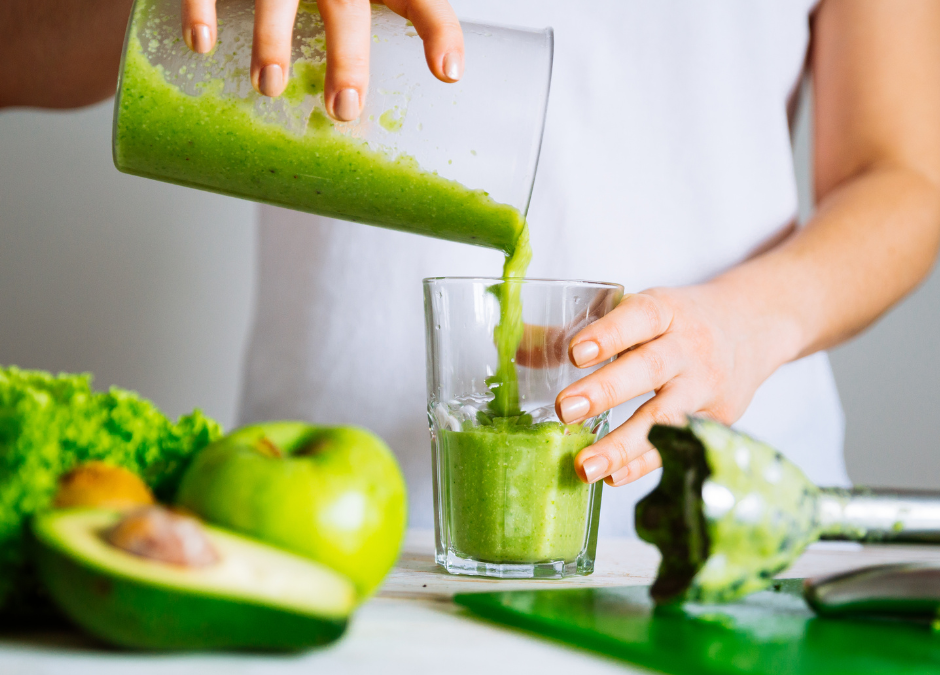A cleanse or detox may sound enticing after the holidays or at any other time when you may not have been eating a balanced diet. However, you need to read before replacing solid meals in favor of green juice or lemon water for a few days. These popular diets might not be suitable for everybody.
These fast remedies are quite popular because they promise to cleanse your body of impurities and improve your health. Advocates of cleanses and detoxes claim to have discovered a method for eliminating toxins from the body by substituting beverages, powders, or smoothies for regular meals.
But do a cleanse and a detox differ from each other or can they be used interchangeably?
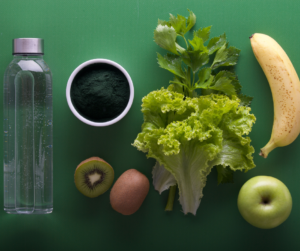
The difference between a cleanse and a detox
One way of looking at the difference between a cleanse vs. detox: a cleanse helps support your body’s natural detox processes and helps clear out the gut, while a detox essentially takes the trash out from your liver and kidneys, the primary channels of detoxification.
Moreover, a cleanse can be anywhere from a few days to a few months and can lead to less bloating, better bowel function, and increased energy. While detox is a long-term process that requires certain diet and lifestyle changes. It’s very important to do all that you can to support your body along the way.
Types of Cleanses and Detoxes
The most common reason for recommending a detox or cleanse is the possibility of exposure to toxins in your surroundings or food. These include heavy metals, artificial chemicals, pollution, and other dangerous substances.
So how do you know if you should do a cleanse or a detox? Well, it clearly depends on your goal. If your goal is to let your digestive system take a rest from ingesting solid food, then do a cleanse. But if you want to help your liver and kidneys do the work for you, then you should go for a detox.
Cleanse:
-
Juice cleanse
Requires cutting out full meals from your diet and substituting cold-pressed juices for a certain period of time. Your body will be able to eliminate impurities and absorb more nutrients as a result of this.
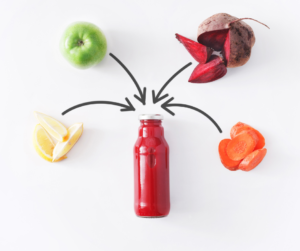
-
Smoothie or soup-based cleanse
Incorporating additional protein and fiber from whole fruits that have been blended, nuts or nut butter, or protein powder; a holistic nutrition approach that is preferred than drinking juices.
-
Colon cleanse
Used frequently to treat IBS, gastrointestinal issues, and constipation. Enemas are frequently used by professionals during colon cleanses to remove waste from the colon.
-
Liver cleanse
Includes relieving some of the strain put on your liver by modern diets that are rich in salt and carbs in order to let the organ function as effectively as possible.
-
Parasite cleanse
Eliminate all sources of power that parasites can use for survival. For five to six weeks, you must completely abstain from consuming any processed foods, grains, sweets, or carbs. Additionally, you must fully cut off the alcohol from your diet and stay away from the fruit.
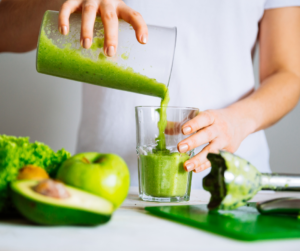
Detox:
-
Green tea detox
Requires replacing your coffee, sugar-sweetened drinks, and alcoholic drink with green tea. Green tea is believed to lower blood pressure and cholesterol, fight heart disease, induce weight loss, and prevent cancer.
-
Food detox
Eliminates unhealthy food ingredients from our diets such as sugar, dairy, unsaturated fats, salt, and other harmful substances that we put in our bodies. Involves a set fasting time, then a rigorous diet of fruit, vegetables, fruit juices, and water.
Involves infusing regular drinking water with fresh fruits, vegetables, or herbs. Additionally, spices and apple cider vinegar are also used to add flavor to detox water.
Benefits of Doing a cleanse or detox
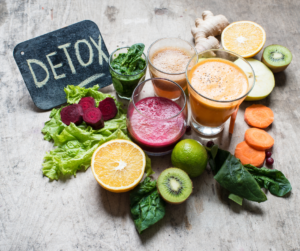
By removing specific items from your diet for a few days and then gradually returning potential trigger foods, cleansing and detoxifying can assist you in identifying food sensitivities.
- Rest your organs by fasting
- Stimulate your liver to get rid of toxins
- Promote toxin elimination through feces, urine, and sweat
- Improve circulation
- Provide your body with healthy nutrients
We come into touch with toxins on a daily basis. Examples include pesticides on your vegetables, air pollution, unpronounceable compounds in processed foods, and heavy metals like mercury and arsenic in the soil.
There’s no need to completely swear off these foods unless you have an allergy or sensitivity, despite the “toxic” label some diets give to substances like dairy, gluten, and refined sugar.
Even though everything can be harmful if consumed in excess, most toxins can be handled by your body as long as you don’t accidentally stumble into a radioactive swamp.
So now, do you need a cleanse or a detox?

